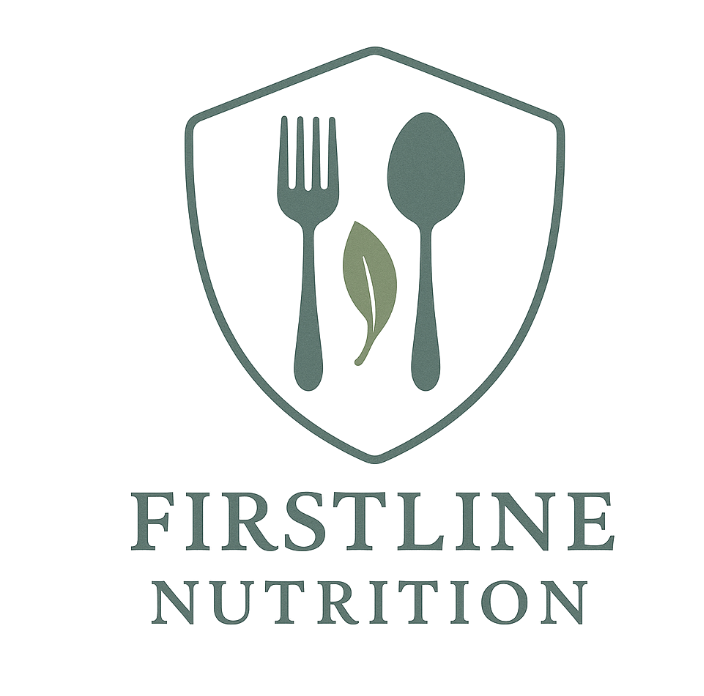
Introduction on IBS
Irritable Bowel Syndrome (IBS) is a chronic condition that affects how the gut functions. While it doesn’t damage the intestines, it can significantly impact quality of life. IBS is very common, affecting an estimated 10–15% of adults in the U.S., and often involves ongoing digestive discomfort, food fears, and stress around eating. The good news: with the right strategies, symptoms can be managed, and you can regain confidence in your daily life.
Common Symptoms of IBS
People with IBS often experience one or more of the following:
Abdominal pain or cramping
Gas and bloating
Changes in bowel habits (diarrhea, constipation, or both)
Urgency or incomplete evacuation
Food-related symptom flare-ups
Because symptoms and triggers vary widely from person to person, nutrition therapy is most effective when it is personalized rather than a “one-size-fits-all” diet.

How Nutrition Therapy Helps
Nutrition plays a central role in IBS management. Evidence shows that targeted changes in diet and lifestyle can reduce symptoms and improve quality of life. As a Registered Dietitian, I can help you:
Identify food and lifestyle triggers without unnecessary restriction
Use structured approaches, such as the low FODMAP diet when appropriate, in a way that is safe, stepwise, and temporary
Adjust fiber intake to support regularity and reduce discomfort
Explore supplements when beneficial
Build meal strategies that fit your lifestyle and help reduce bloating, pain, and urgency

Our Approach
Have you ever been handed a FODMAP packet by your primary care provider or GI doctor with little explanation? Do the endless lists of “yes” and “no” foods leave you feeling overwhelmed and unsure where to start?
That doesn’t have to be your story.
At Firstline Nutrition, our approach is rooted in evidence-based care and personalized support. Our goal is to simplify the IBS journey so you feel confident—not restricted or confused. As a Registered Dietitian with specialized training through Monash University, the creators of the Low FODMAP diet, I bring expertise that not all dietitians have. Too often, patients receive generic handouts without clear direction, leading to frustration, unnecessary restriction, and little relief.
With my guidance, you’ll move step by step through the process—elimination, reintroduction, and personalization—while keeping your diet balanced and enjoyable. This structured approach helps you uncover your unique triggers, reduce symptoms, and rebuild confidence in eating without fear. Without structured support, many people end up lost in the process. With expert guidance, you’ll be able to:
With my guidance, you’ll move step by step through the process—elimination, reintroduction, and personalization—while keeping your diet balanced and enjoyable. This structured approach helps you uncover your unique triggers, reduce symptoms, and rebuild confidence in eating without fear. Without structured support, many people end up lost in the process. With expert guidance, you’ll be able to:
Identify your personal triggers with clarity and confidence
Follow a diet that is both symptom-friendly and sustainable
Rely on a trusted professional to answer questions, troubleshoot setbacks, and celebrate progress


Continuity of care matters. With your permission, I can also provide your healthcare team with updates about your nutrition plan and progress, ensuring your care is fully coordinated.
ADDITIONAL RESOURCES & TRAINING
For more information on evidence-based nutrition approaches to IBS care and the low FODMAP diet, explore the Monash University FODMAP Dietitians Directory.
This resource connects you with providers, including Firstline Nutrition, who specialize in personalized nutrition and digestive health.
